Working group on accessibility at the University of Erfurt
We founded the working group on accessibility at the Department of History of the University of Erfurt in the spring term 2021. It provides a platform for d/Deaf, hard-of-hearing, and hearing university members--students as well as researchers and faculty--to discuss barriers in research, teaching, and other forms of academic interactions at the University of Erfurt and especially in history.
The focus of our working group is currently primarily on hearing impairments, as we closely cooperate with stakeholders, and we currently have hearing impaired students and faculty at the Department of History. While focusing on hearing loss, we also discuss the extent to which the removal of barriers for people with hearing impairments creates new barriers for other people. We also examine how these new barriers may, in turn, be removed. Ultimately, we are investigating the extent to which dealing with communicative barriers and their removal can constructively change academic culture in general.
Goals of the working group on accessibility
Our aim is to create a framework of sustainable conditions so that stakeholders no longer have to "include themselves." To this end, we are working on the following points:
Raising awareness
Raising awareness about barriers on campus: What barriers exist for which groups of people? As we work with stakeholders, the topic of "hearing impairments" is currently at the centre of the working group's activities. We draw attention to communicative barriers in education that for stakeholders often start as early as in preschool. The communicative challenges intensify as d/Deaf persons reach tertiary edducation and aim for a university degree. This is why, for example, there are hardly any d/Deaf people in Germany today who have doctorate degrees or even a professorship.
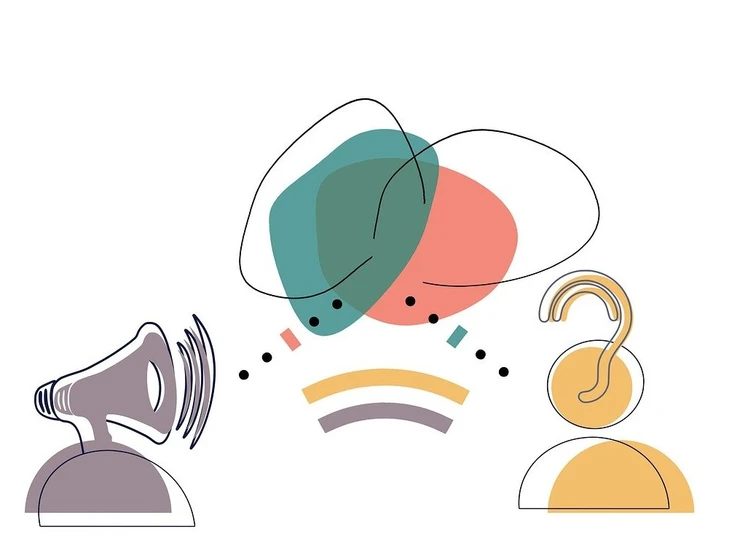
Developing concepts
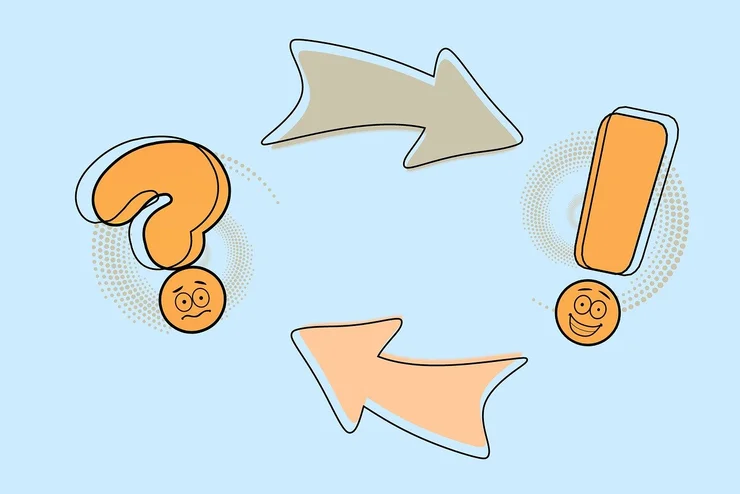
Developing concepts on how different barriers can be broken down. We are currently focussing on reducing barriers in teaching history, as the working group was set up at the Department of History. All of its members are historians. However, the modules and formats that we create can be adapted to different subject areas and other contexts. Ultimately, they benefit everyone, not just those with special needs. Moreover, we are aware of the fact that the removal of barriers for some people can create new barriers for others. We therefore develop solutions together with stakeholders who are affected by these barriers.
Testing and establishing
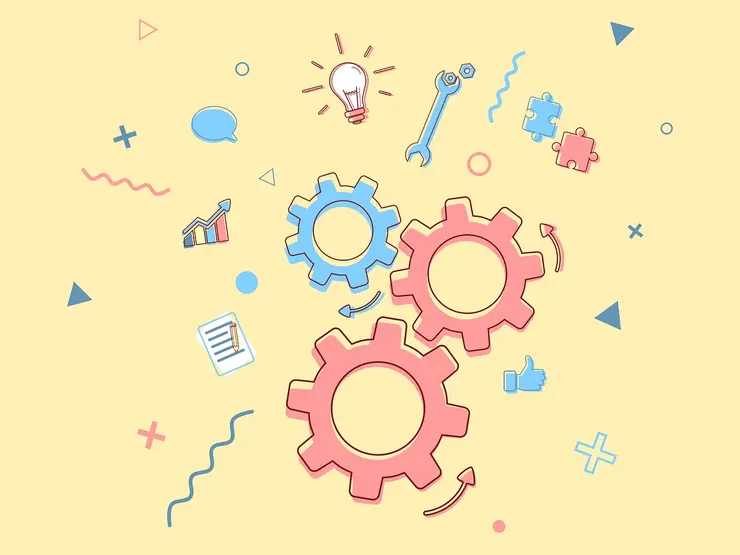
Testing and establishing low-barrier communication formats such as written conversations (Schriftgespräche, SG) and speech-to-text translation (Schriftdolmetschen, SD) as well as alternative discussion platforms like shared documents. We examine their practical uses in everyday university life for the benefit of all.
Creating guidelines
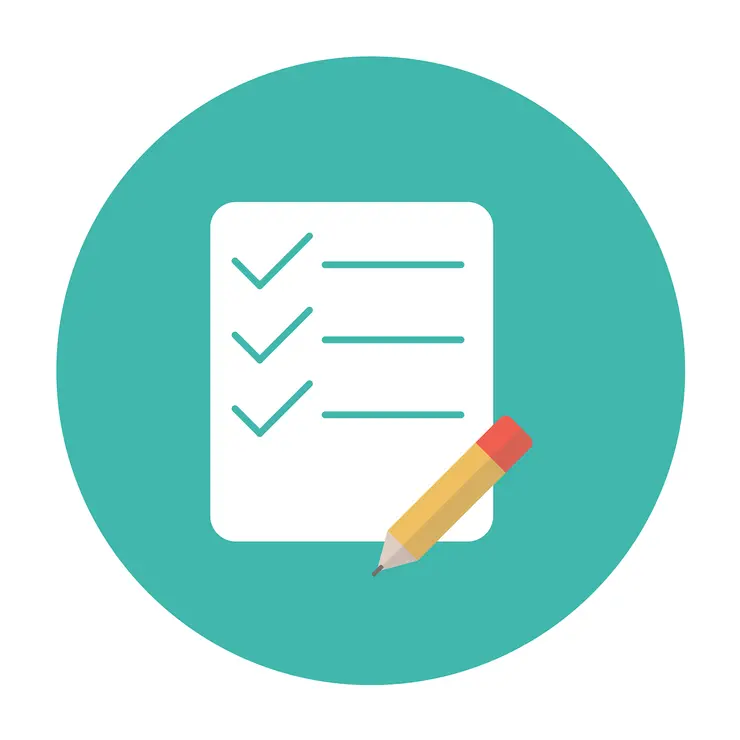
Creating guidelines on accessible communication formats such as speech-to-text interpretation (Schriftdolmetschen, SD) and written conversations (Schriftgespräche, SG) based on practical experience. The guidlines are available both in detailed long forms for the organisation and in short forms for participants. We also provide short versions of the rules, which can be presented immediately at the start of an event.
Awareness training
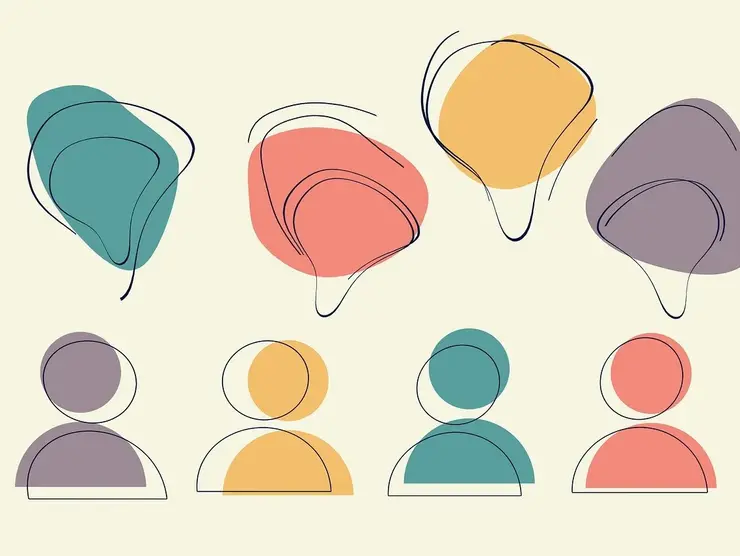
Offering training sessions to raise awareness to barriers and their removal for hearing members of the university. On the one hand, this can be done through separate courses or seminar modules that deal with the topic theoretically, or that provide practical examples of alternative, low-barrier communication formats. For example, we offer classes for all students (not just those in the History Department) on barrier-free teaching and learning formats. We also teach seminars on the sociology and history of d/Deaf people. Both types of classes are taught by stakeholders who use alternative communication formats. On the other hand, awareness is raised through demonstrations of alternative, low-barrier forms of communication at various events, such as committee meetings, colloquiums and public lectures, as well as workshops.
Raising funds
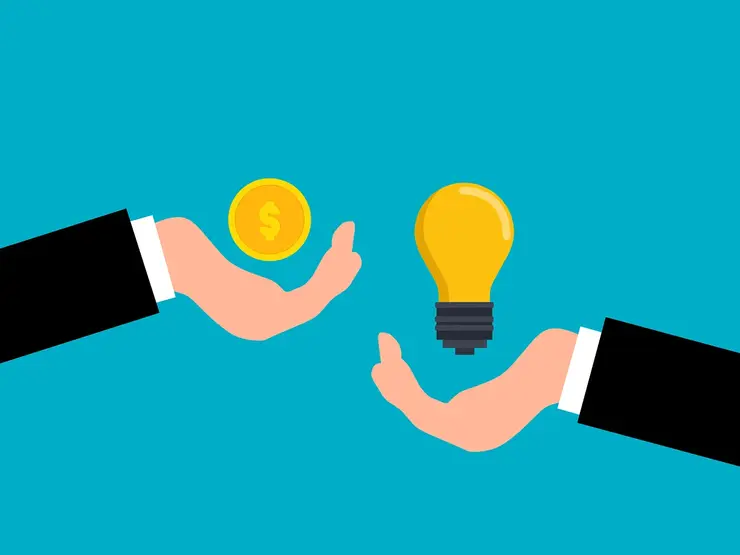
Raising third-party funds, e.g., to secure funding for speech-to-text and sign-language interpreters for different events and to make possible the further development of formats and concepts.
